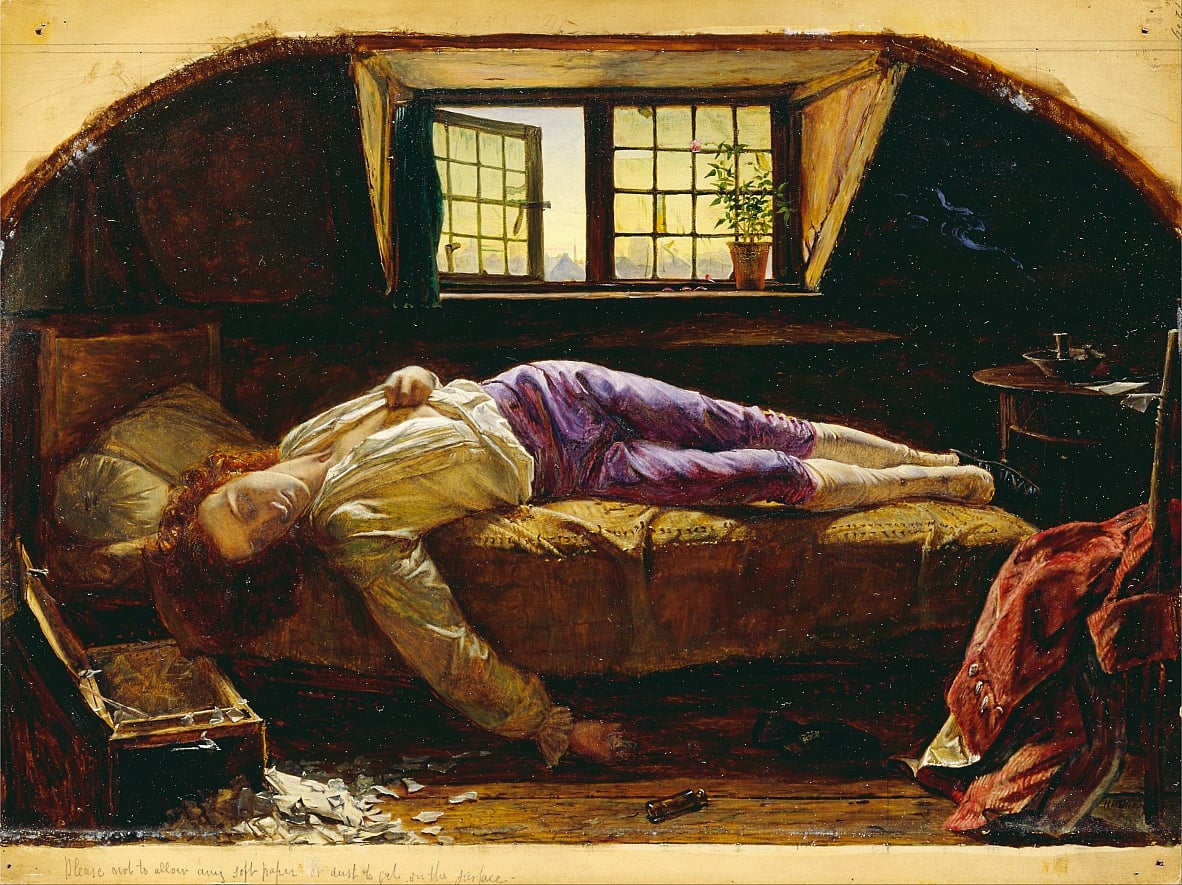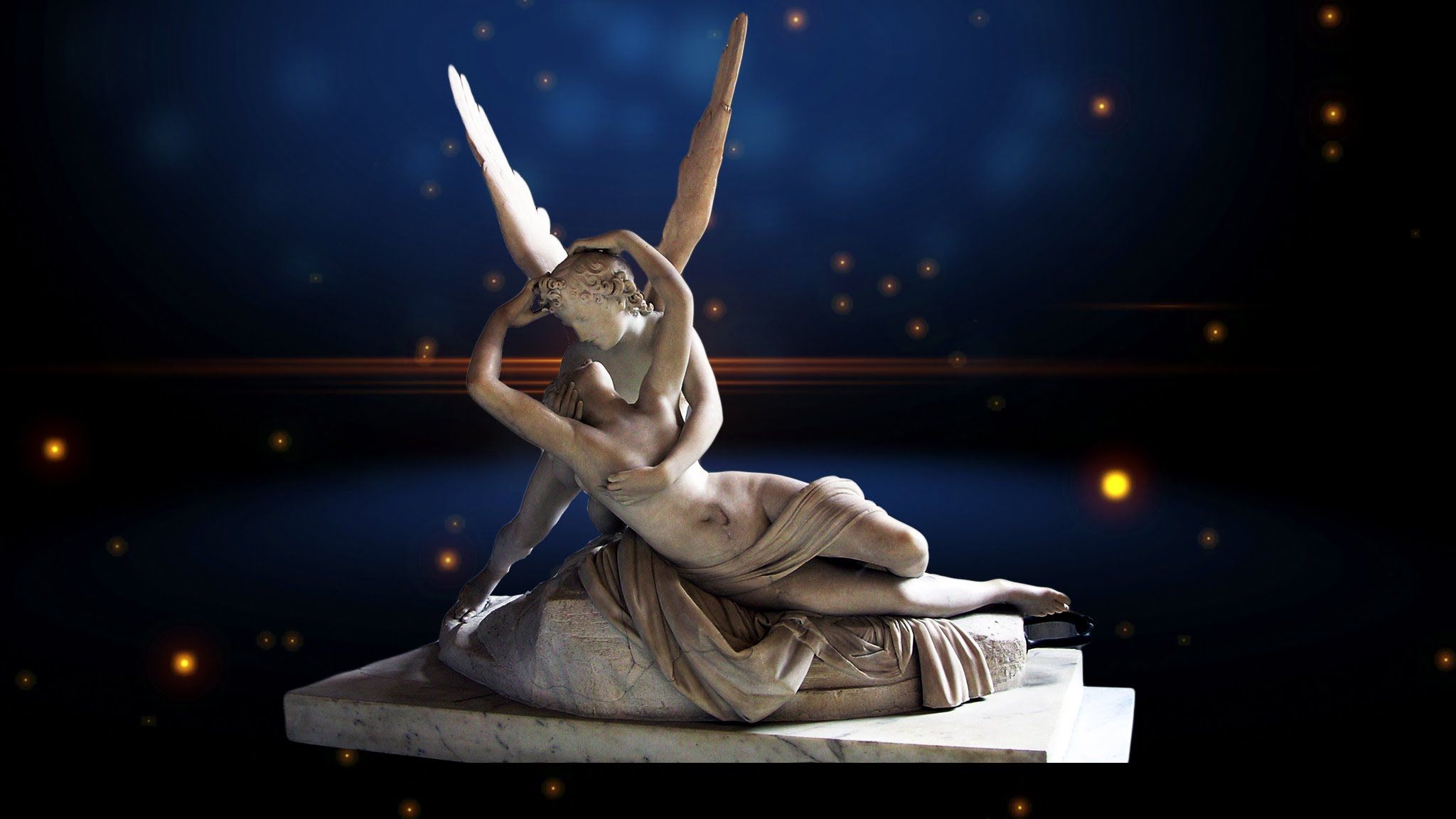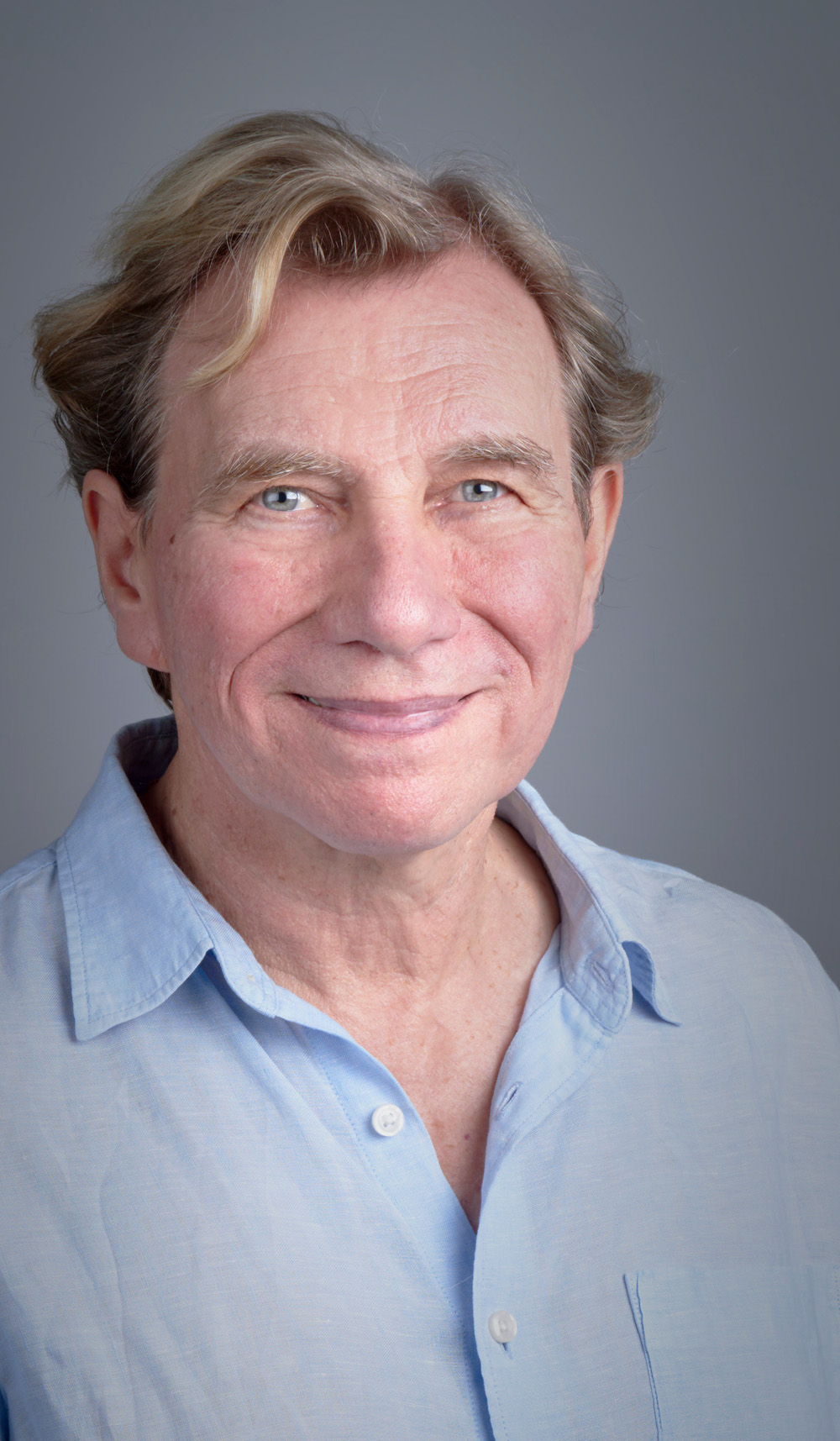The curtain rises on Wagner’s Rheingold. Alberich sings as he creeps up on the Rheinmaidens who guard the fabled treasure . . . But enough has been written about the Melbourne Ring Cycle. What about the audience?
Arriving, I recognise The Famous Actor having a swift smoke outside before rushing to his seat. A Federal Minister chats to a companion as we wait to take our seats. (Hoping for political gossip, all I hear is, ‘That’s Melbourne weather for you’.) There are the good, the great, and the merely affluent – the ones in evening dress who appear on the patrons list in the program. No queuing at the bar during the interval for them. Ushered into a private room, I imagine them chatting about winters long past in Chamonix, back when the children were still young. They don’t seem to notice as waiters discreetly top up their champagne glasses. I spot the beautiful benefactor, patiently explaining the plot to a young girl in her Irish accent. A rascally older man with a pockmarked face arrives in a fluster and greets his Chinese wife, twenty years younger. She scolds him for being late, then squeezes his hand. An overweight woman with a pearl necklace in a wheelchair looks straight ahead as an usher pushes her through the chattering crowd.
Alberich steals the gold and forges an all-powerful ring. When it is stolen from him in turn, he casts a curse on the ring, bringing doom to all who wear it. The Valkyries arrive to collect fallen heroes from the battlefield and take them to Valhalla . . .
The first interval is over an hour long, allowing time for dinner at the theatre. The man sitting next to me is alone. His crossed leg shows a pair of R. M. Williams boots and a stretch of white, veined calf. His hair is unruly. A soup stain marks his jacket where a flower might have been in a buttonhole. Looking shyly around, he catches my eye and smiles.
‘Are you from Melbourne or visiting?’ I ask. (This is the accepted opening line. If the answer is Melbourne, the questions cascade without apology into which suburb? Which street? There’s a nod. No need to ask which school; now they can tell.)
‘I’ve just driven up from the country,’ Brian answers, sipping on a beer. ‘Three and a half hours on the road.’
‘That’s rough. I hope you’re not driving back tonight! Did you have trouble finding a hotel?’
‘No need. I keep a little place in East Melbourne for when I’m in town.’
‘That must be handy.’
Brian scratches his head, causing a scatter of dandruff to fall on the shoulders of his jacket.
‘I thought about selling when my wife died, but it breaks the journey when I’m visiting the farms.’ (I notice the plural.)
‘Or on my way to Buller. I’ve a little place there,’ he adds, giving another shy smile.
Brian gets to Covent Garden every year he tells me. Also La Fenice in Venice. And the Met. Milan Opera House is his favourite. We talk through the whole meal before he walk off alone back to his seat, rolling from side to side.
The hero, Siegfried, forges a magical sword and kills the dragon which guards the hoard of stolen gold. Careless of riches, he takes only a helmet and the mysterious ring, unaware of the curse laid on it. Defeating Wotan, chief of the gods, he crosses through a circle of fire to wake the sleeping Brünnhilde . . .
A few days later, another interval. Opposite me a dinner are a well-dressed, middle-aged couple who both have the same, slightly manic smile. They look as though they have been taking white powder or found religion, I think to myself.
‘This is our first date,’ Richard tells me proudly. I get the impression he can’t believe his luck that the woman next to him agreed to meet. She is in her elegant fifties, well dressed, displaying long model’s legs when she sits. Both divorced; an online date I decide. But I’m only half right.
‘Our children went to the same school over ten years ago . . .’ Elisabeth tells me.
‘More like twenty,’ he says, looking at her adoringly.
She uncrosses and crosses her legs again, not pleased at the interruption.
‘We only knew each other by sight in those days. You know how it is,’ she says. ‘And last week, all these years later, we bumped into each other in Laurent’s on Toorak Road, buying bread. We recognised each other straight away. Hit it off like a pair of teenagers.’
‘Amazing . . !’ says Richard, as though it were a scarcely-conceivable coincidence.
When Elisabeth goes to the bathroom, swaying through the crowd on her high heels, Richard leans over towards me.
‘Haven’t got my leg over yet,’ says this man I met twenty minutes before. ‘I’m hoping tonight’s the night.’ He gives a wink.
I don’t fancy his chances, but say nothing. After all, I was wrong before.
Siegfried is betrayed and killed. Brünnhilde avenges him then throws herself on the funeral pyre. The flames spread and consume Valhalla, home of the gods. The stage is filled by an enormous burning house, flames reaching high above us as the music reaches a climax. The ring will return to the Rhein with her ashes. Love has triumphed, but at a terrible cost.
When the curtain comes down and the applause finally ends, everyone has the same exhilarated look in their eyes. A stranger in the row behind asks if I have ever seen a more wonderful performance. Two thousand people take a very long time to leave the theatre. I find myself hoping it would happen a lot faster if there were a real fire. Moving slowly towards the exit, I notice the woman in a wheelchair I had seen earlier. Once again, she is being pushed through the chattering crowd with a fixed look on her face. I imagine her getting ready to come out earlier that evening. She chooses one dress, then decides on another. (‘They both suit you,’ says Betty who comes to help out every day. Betty doesn’t sound as though she cares either way.) She decides to wear the patent black shoes, though no one will see them under her long skirt in the wheelchair. After more indecision, she decides to wear her grandmother’s pearls after all. Applying makeup takes longer than she realises, for already the special taxi is sounding its horn outside.
‘You look lovely!’ says Betty as the driver pushes her out of the door.
But she knows that no one will notice her. It is unlikely that anyone will speak to her except the usher. All she wants as she is slowly pushed out of the theatre, in fact, is not to be noticed. But that night, like me, she finds it difficult to sleep. Her thoughts go back again and again to the swirling music. She sees the mermaids dancing in the Rhein. The valkyries flying through the air as they sing. The dying dragon: a naked, painted man, blood pouring down his chest. She sees the burning house and Brünnhilde, throwing herself into the flames for love. Then, like all the audience, we both can sleep at last.




